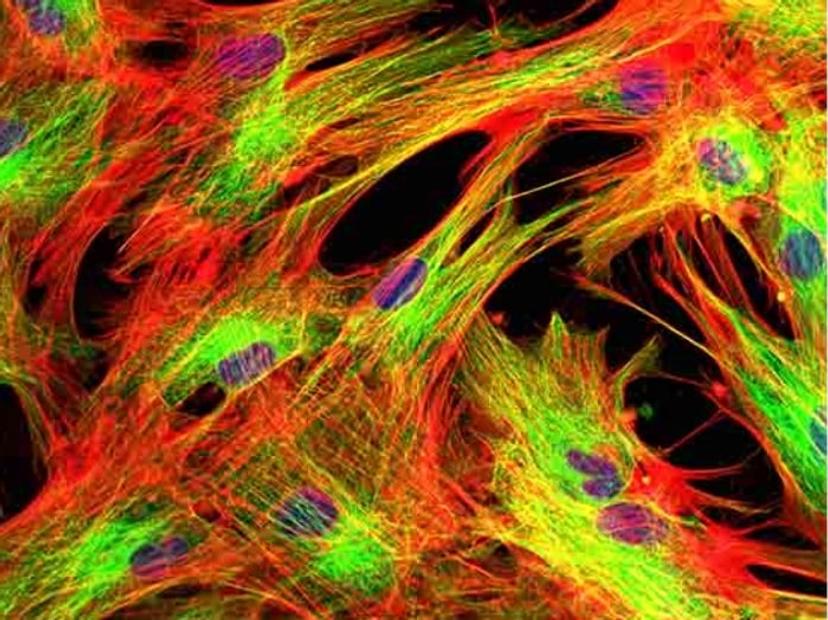Novel reagents advance research into Parkinson's disease and sleep disorder
AMSBIO reagents drive progress in Parkinson's, hypersomnia, and eco-friendly microbial research
28 Feb 2024

AMSBIO describes how life science research groups are using its BioPORTER®, Detachin™, and SoluLyse™ reagents to make advances in Parkinson’s research, hypersomnia studies and eco-friendly microbial ester production.
Novel reagents empower research by enhancing the efficiency, accuracy, and reproducibility of scientific investigations. A collaborative effort led by Dr. Wenjing Wang at the University of Michigan and Dr. Xiaobo Mao of Johns Hopkins University School of Medicine has made exciting advances in the development of potential therapeutics for Parkinson’s disease.
To determine the relationship between α-syn aggregation and PFFNB2 in mammalian cells, Dr. Wang and Dr. Mao used a BioPORTER protein delivery reagent kit to enable easy transduction of α-syn preformed fibrils to HEK293T cells. BioPORTER uses biocompatible polymers to encapsulate and protect proteins during delivery, ensuring stability and activity, and improving chances for more accurate and reproducible results.
Dr Andrew Jenkins and his team at the University of Saint Joseph are pioneers in repurposing compounds to address the debilitating effects of sleep disorders including hypersomnia. Focusing on eleven compounds previously identified as modulators of GABAA receptor brain activity to alleviate excessive sleepiness, Dr. Jenkins team use Detachin Cell Detachment Solution from AMSBIO to prepare cells for electrophysiological analysis. Cell detachment is a critical step in cell culture experiments. Using Detachin, the University of Saint Joseph researchers were able to reliably produce high cell viability and functionality, reducing the risk of altered cell behavior due to harsh detachment methods.
Microbial production of short-chain esters offers an eco-friendly alternative to chemical synthesis, but low yields remain a challenge. To address this, Dr. Arul M. Varman at Arizona State University and Dr. Ryan Davis from Sandia National Laboratories used SoluLyse Bacterial Protein Extraction Reagent to simplify and accelerate the process of obtaining high-quality protein extracts from E. coli. Using this efficient formulation – the research teams found SoluLyse to be a great asset in their protein research, ensuring efficient cell lysis without compromising protein integrity.

